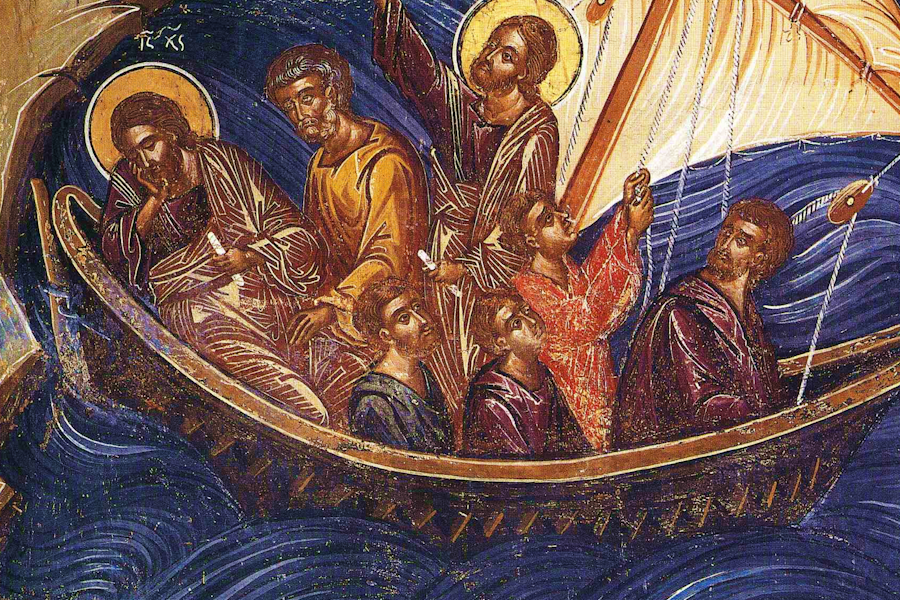“The number one enemy of Christian spiritual formation today is exhaustion,” writes Jim Smith in his important book The Good and Beautiful God. This is a bold proclamation, but I believe it is right.
Surely the need for rest is not a new development, nor is the instruction from God to rest a new instruction. God commanded His people: “Remember the sabbath day, and keep it holy. Six days you shall labor and do all your work. But the seventh day is a sabbath to the Lord your God; you shall not do any work” (Exodus 20:9 – 10).
But perhaps the need to take rest seriously, to undertake it as a spiritual discipline, is more needful today than it has ever been.
Throughout most of human history, men and women have been aided in their need for rest by the fact that there was light by which to work only for a portion of each day. As civilization progressed, humans found ways of producing light to see in the darkness, but those sources of light were usually expensive and often scarce. Faced with the reality of no light by which to work, humans slept during the darkness.
That scenario has changed. As men and women have developed more reliable ways to generate light, they have simultaneously warded off the darkness for longer and longer hours. What was once a reliable source of rhythm for the cycle of work and rest is now gone. We can now have light available 24 hours a day, seven days a week. Darkness is now hard to come by in some parts of the world.
Yet the way the human body functions has not changed much in the years since God commanded his people to observe a day of rest. The amount of time generally set aside for sleep has shrunk, but the need for it has not. In these days filled with artificial light and late-night opportunities for work and play, we must now be very purposeful in the pursuit of physical rest.
I think we often fail to consider that we must choose to rest or else we’re likely to have rest forced upon us when we are exhausted to the point of physical, mental, or emotional distress. Have you ever found yourself forced to your bed after pushing yourself too hard? Me, too.
Worth remembering is that others may question us and our motives when we stop to rest. Mark 4 records the story of an evening when Jesus and his closest followers set out across the Sea of Galilee by boat. Tired from his endeavors, Jesus goes to sleep. When a heavy storm arises, his friends are filled with fear, and in their frightened state they question Jesus’ motives. “Don’t you care if we drown?” they demand (Mark 4:38, NIV). What they don’t realize is that Jesus’ sleep is a sign of his trust and confidence in his Father. Jesus understands that God has power over everything, including nature itself. Jesus’ word to the wind and waves is also his word to his followers then and now, “Peace! Be still!” Understanding that God has the power to save us can replace our fear with trust and confidence, allowing us to rest peacefully.
There will always be more work to do, just as there will always be storms. When we practice the discipline of rest, others may question us, and we may doubt ourselves. But at its heart, practicing the discipline of rest is an act of trust: a statement of confidence in God and his provision for us, for our loved ones, and for the work God has given us to do. Will that work pile up while we rest? Perhaps. But our ability to do our work may also accumulate, and surely our ability to discern what is most needful will increase. Rest is not in vain.
Image: Christ Stilling the Storm icon. Unknown artist. Greek, 16th century.
Text First Published August 2016 · Last Featured on Renovare.org January 2023


